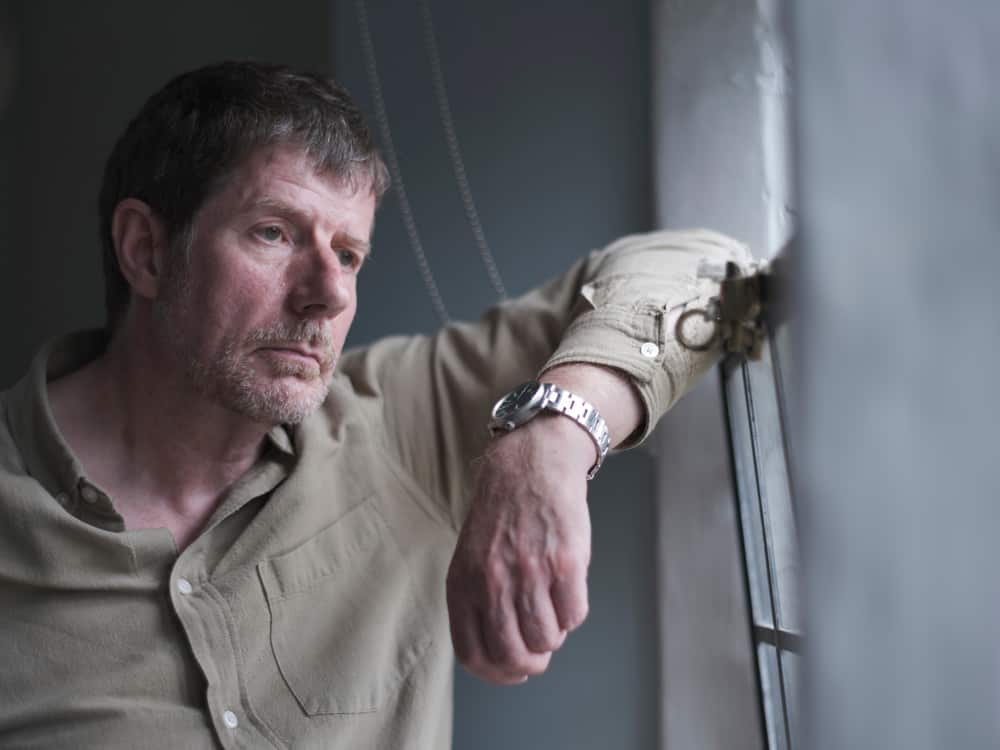Mental health is a topic that affects everyone, regardless of gender. However, societal norms and expectations often influence how individuals approach and discuss their mental well-being. Men’s mental health stigma hampers open talks, causing less reporting, delayed seeking of help, and harmful outcomes.
It’s time to shatter this stigma and create a safe space for men to address their mental health concerns head-on. In this blog post, we will explore the importance of breaking down the stigma surrounding men’s mental health, encouraging open discussions, and advocating for better mental well-being.
Understanding the Stigma
The stigma surrounding men’s mental health is deeply rooted in cultural and societal perceptions of masculinity. Traditional notions of masculinity emphasize strength, stoicism, and emotional restraint, often discouraging men from expressing vulnerability or seeking help for mental health issues.
Masking Emotions: Men are often taught to mask their emotions and “tough it out,” which can prevent them from acknowledging their struggles and seeking the support they need.
Fear of Weakness: A fear of being perceived as weak or incapable can discourage men from discussing their mental health openly, leading to isolation and internalized stress.
Limited Emotional Vocabulary: Societal expectations may limit men’s emotional vocabulary, making it difficult for them to articulate their feelings or recognize their emotional needs.
Expectations of Independence: Men are often expected to be independent and self-reliant, which can deter them from reaching out for help when facing mental health challenges.
Challenging the Stereotypes
Breaking the stigma requires challenging stereotypes and redefining masculinity to include emotional openness and vulnerability. It’s essential to create an environment where men feel empowered to prioritize their mental well-being without fearing judgment or ridicule.
Redefining Strength: True strength lies in acknowledging one’s struggles and seeking help. By redefining strength to include emotional resilience, we can encourage men to prioritize their mental health.
Cultivating Emotional Intelligence: Promoting emotional intelligence empowers men to identify and express their feelings, fostering better communication and healthier relationships.
Celebrating Vulnerability: Celebrating vulnerability as a courageous act can shift the narrative around seeking help, making it clear that reaching out is a sign of strength, not weakness.
Role Models for Change: Highlighting male role models who openly discuss their mental health challenges can inspire others to do the same, normalizing the conversation.
Encouraging Open Conversations
Creating an environment where men feel comfortable discussing their mental health requires open conversations, understanding, and empathy.
Educational Initiatives: Implement educational campaigns that debunk myths, provide information about mental health, and emphasize the importance of seeking help.
Safe Spaces: Establish safe spaces where men can share their experiences without judgment, whether through support groups, online forums, or community events.
Promoting Active Listening: Encourage active listening and non-judgmental responses when men share their feelings, validating their experiences and fostering trust.
Incorporating Mental Health into Regular Conversations: Normalize discussions about mental health by incorporating them into everyday conversations, reducing the stigma associated with seeking help.

Supportive Networks and Resources
Breaking the stigma surrounding men’s mental health is not only about the present; it’s about creating a healthier future for generations to come.
Educating Youth: Introduce mental health education in schools, teaching young boys about emotional awareness, coping mechanisms, and seeking help.
Modeling Openness: Fathers, mentors, and male figures can model openness and emotional expression, creating positive examples for the next generation.
Encouraging Peer Support: Cultivate peer support systems that teach boys that it’s okay to discuss their feelings, promoting open communication from an early age.
Embracing Change: As societal norms evolve, embracing the change and actively supporting conversations about men’s mental health will contribute to a more compassionate and inclusive society.
Breaking the Cycle for Future Generations
Developing a support network and providing accessible resources are crucial in encouraging men to address their mental health.
Fostering Friendships: Emphasize the importance of fostering strong friendships, as they can provide a crucial support system and a safe space for emotional expression.
Accessible Mental Health Services: Ensure that mental health services are readily available, affordable, and tailored to meet the unique needs of men.
Counseling and Therapy: Promote the benefits of counseling and therapy, emphasizing that seeking professional help is a valuable step towards better mental well-being.
Encouraging Self-Care: Educate men about self-care practices that support mental health, such as exercise, mindfulness, hobbies, and maintaining a healthy work-life balance.
Innate Therapies - We understand Men's Mental Health
As Innate Therapies, believes we all need to work together to remove the shame around men’s mental health. This means creating a safe space where men can talk about their feelings without worrying about being judged. We can create a kinder world by challenging stereotypes, talking openly, sharing resources, and building support networks.
It’s time to redefine masculinity, celebrate vulnerability, and empower men to prioritize their mental health. Through these efforts, we can break down the barriers that hinder men from seeking help, ensuring that they receive the support they need to lead healthier, happier lives.
Get in touch with one of our counsellors at Innate Therapies for a chat about your mental health and wellbeing. Everything we talk about is confidential, you are not alone.

